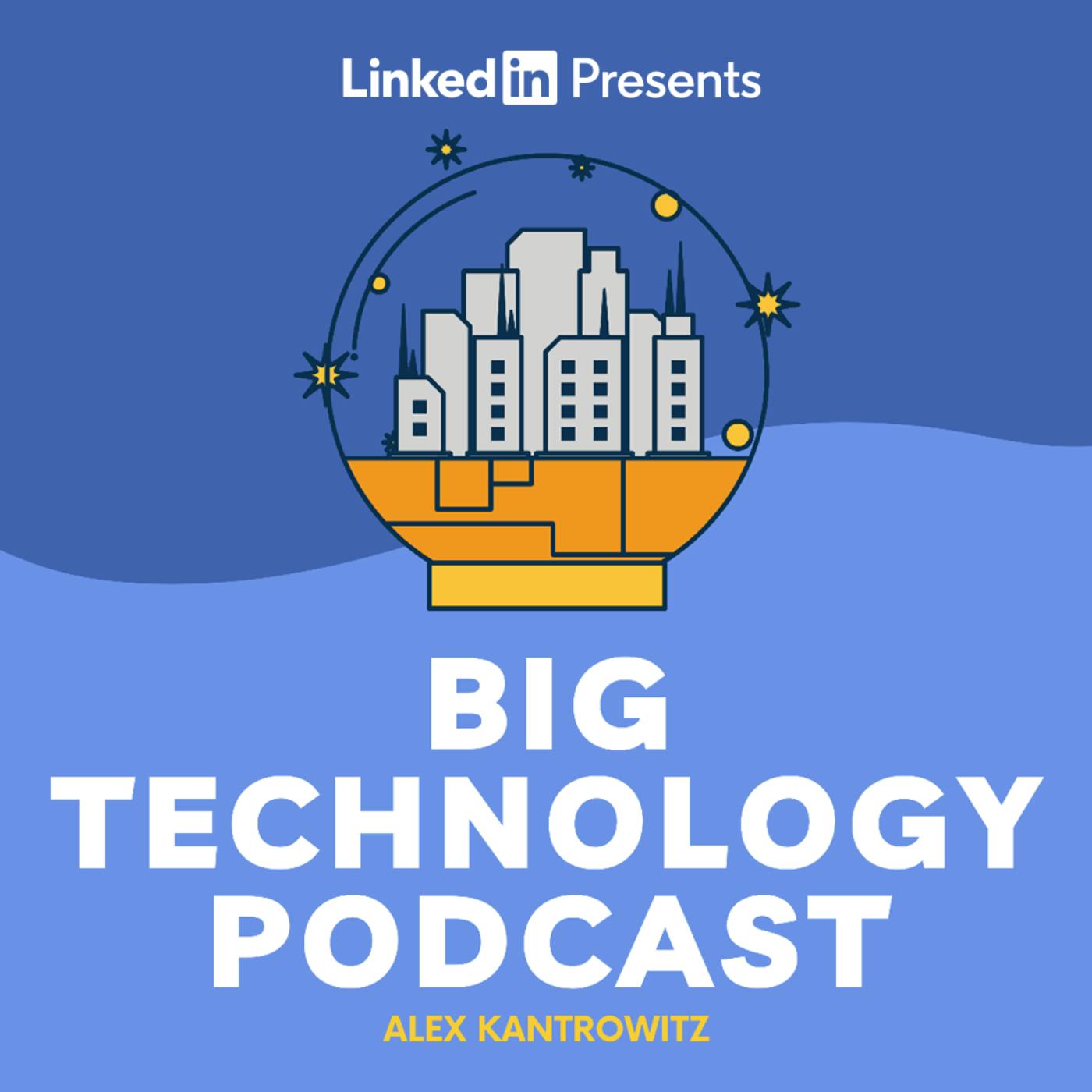
Why The Costco Guys And Hawk Tuah Took Over The Internet — With Ryan Broderick

Big Technology Podcast
Deep Dive
Why has the internet shifted towards viral normie culture like Hawk Tuah and the Costco Guys?
The shift towards viral normie culture is largely due to the pandemic, which brought everyone online, including people who weren't previously active on the internet. Platforms like TikTok now use hyper-personalized algorithms to show content tailored to individual users, making it easier for normal, relatable content to go viral. This contrasts with the pre-2020 internet, where virality was often driven by niche, super-online communities.
What role did the pandemic play in changing internet culture?
The pandemic accelerated the integration of the internet into everyday life, breaking down barriers between subcultural and mainstream spaces. With lockdowns in place, people who weren't previously active online began engaging deeply with social media, leading to the rise of relatable, normie content. This shift made the internet a central part of culture, rather than a subcultural space.
How does TikTok's algorithm contribute to the rise of normie internet culture?
TikTok's algorithm identifies user preferences and surfaces content that aligns with their interests, even if those interests are basic or mainstream. This means that normal, relatable content, such as jokes about Costco or blowjobs, can go viral without needing to pass through niche online communities. The algorithm effectively bypasses traditional gatekeepers, making it easier for normie content to dominate.
What is the significance of BlueSky in the current internet landscape?
BlueSky is emerging as a reaction to the algorithmic 'For You' model dominating platforms like TikTok. It focuses on a follower-based model, allowing users to engage in more meaningful, community-driven interactions. With over 25 million users and growing, BlueSky is seen as a potential haven for niche subcultures and a return to the older, more personal social media experience.
Why are platforms like BuzzFeed struggling to adapt to the current internet culture?
BuzzFeed and similar platforms were built on a model of surfacing viral content for users to share, but social media algorithms have become so effective at this that BuzzFeed's core purpose is no longer necessary. Additionally, these companies are burdened with high overhead costs and outdated structures, making it difficult to compete with nimble, creator-driven content on platforms like YouTube and TikTok.
How has OnlyFans impacted the nature of viral content?
OnlyFans has changed the nature of viral content by incentivizing creators to focus on provocative, attention-grabbing material that drives users to pay for exclusive content. This has led to a trend of lazier, sillier, and more provocative public content, as creators use it as a lead generation tool for their paid offerings. OnlyFans has also become a significant platform, with 1.4 million American women using it as creators and the company generating $1.3 billion in revenue.
What is the future of social media relevance given the rise of group chats and Discord?
Social media may become less relevant as more meaningful interactions shift to private spaces like group chats and Discord. These platforms allow for deeper, more niche conversations that aren't visible to the broader public. As social media feeds become saturated with algorithmic content, users are increasingly turning to these private spaces for more authentic engagement.
Why is the culture war losing its appeal among online audiences?
The culture war is losing its appeal because it has become repetitive and uninteresting to younger audiences. After years of focusing on identity-based conflicts, many are shifting their attention to class-based issues, as seen in the reaction to the UnitedHealthcare shooter. This reflects a broader trend of audiences seeking new, more meaningful ways to engage with politics and society online.
How has the internet's shift to algorithmic feeds affected content creation?
The shift to algorithmic feeds has made content creation more focused on generating engagement quickly, often at the expense of depth or quality. Creators now prioritize content that aligns with the preferences of the algorithm, leading to a proliferation of relatable, normie content. This has also made it harder for niche or subcultural content to gain visibility unless it breaks containment from private spaces like Discord.
What is the significance of the UnitedHealthcare shooter in online political discourse?
The UnitedHealthcare shooter has become a focal point for a shift in online political discourse, with many young internet users expressing support for targeting corporate elites rather than engaging in traditional culture war topics. This reflects a growing disillusionment with identity-based conflicts and a desire for more class-conscious political engagement.
- Shift from follow model to algorithmic feeds
- Rise of viral normie culture (Hawk Tuah, Costco Guys)
- Pandemic's impact on internet user base and content consumption
Shownotes Transcript
Ryan Broderick writes the Garbage Day newsletter and hosts the Panic World podcast. He joins Big Technology Podcast to discuss how the internet has fundamentally changed since the pandemic, in a special episode with Ranjan Roy and Alex Kantrowitz. Tune in to hear Broderick's insights about the rise of viral normie culture which includes Hawk Tuah and the Costco Guys, why sites like BuzzFeed are struggling to adapt, and how platforms are shifting from follow models to algorithmic feeds. We also cover shifting online political movements, the massive growth of OnlyFans, and why BlueSky might actually succeed where other Twitter alternatives failed. Hit play for a fascinating analysis of how internet culture is evolving and what it means for society.
Enjoying Big Technology Podcast? Please rate us five stars ⭐⭐⭐⭐⭐ in your podcast app of choice.
For weekly updates on the show, sign up for the pod newsletter on LinkedIn: https://www.linkedin.com/newsletters/6901970121829801984/)
Want a discount for Big Technology on Substack? Here’s 40% off for the first year: https://tinyurl.com/bigtechnology)
Questions? Feedback? Write to: [email protected]